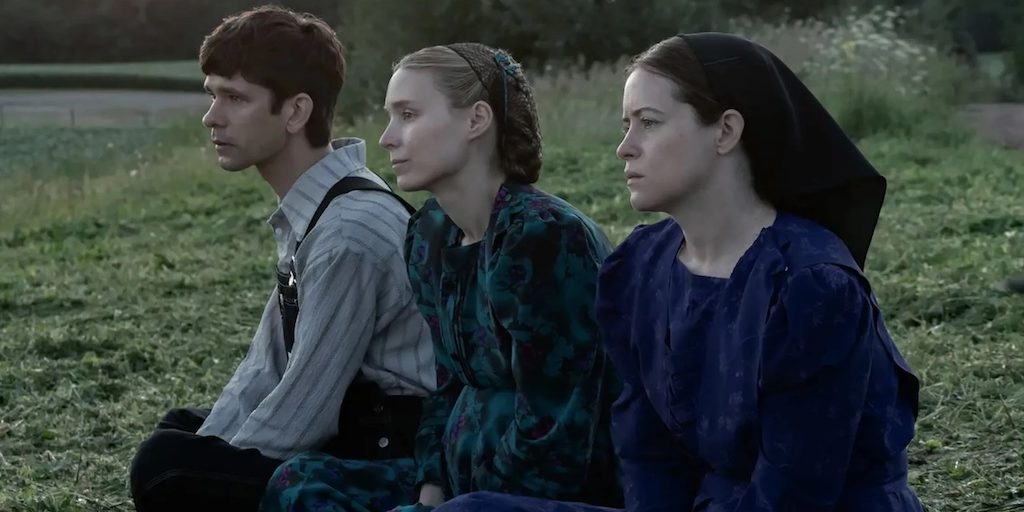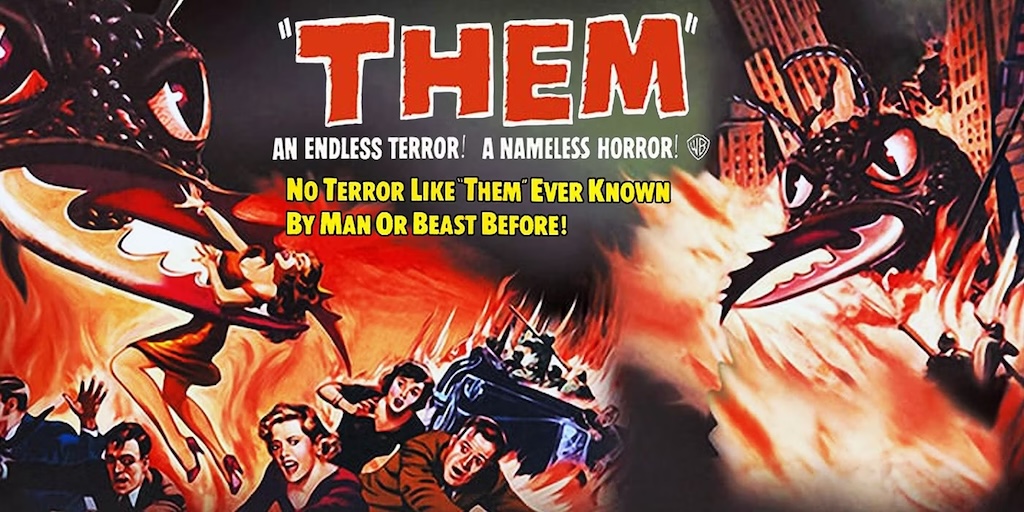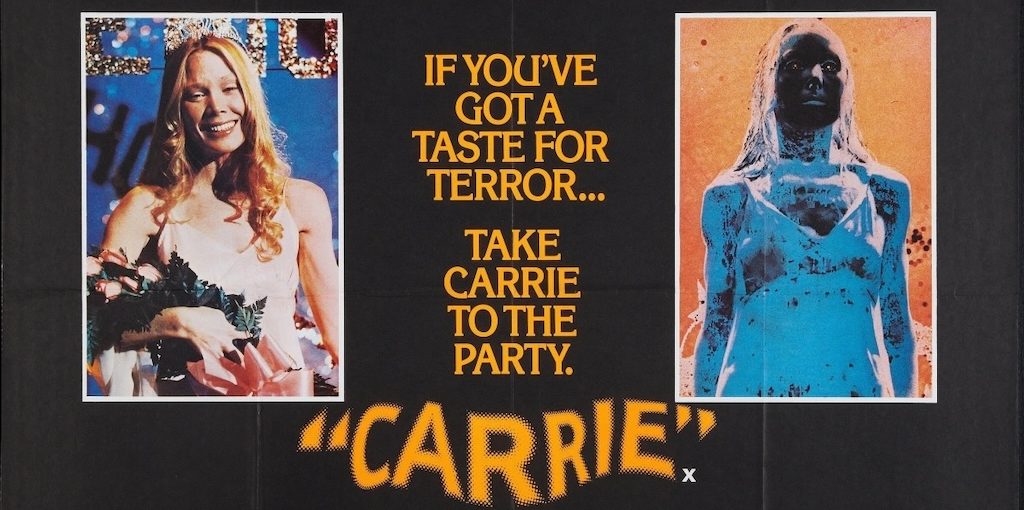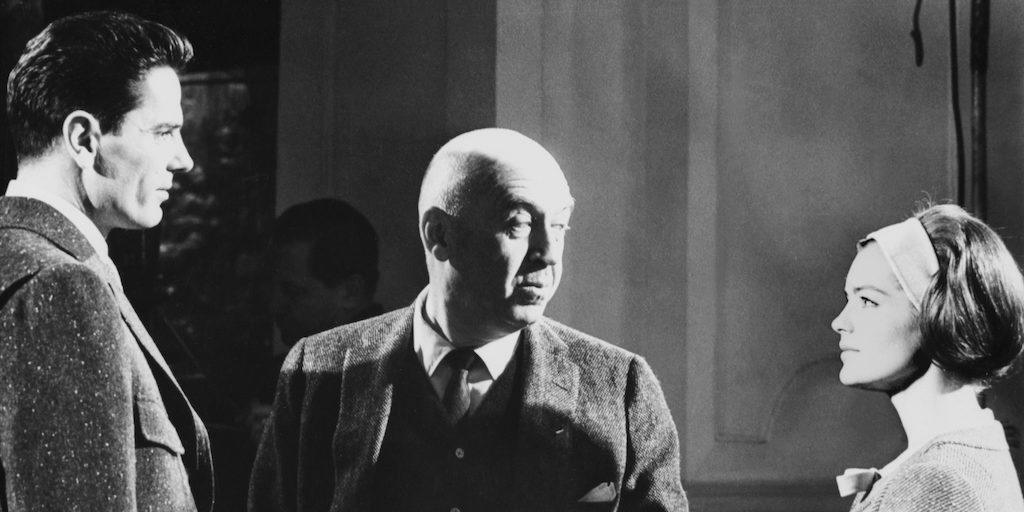Women Talking is the story of a group of women living in 2010 in a Mennonite colony at some nondescript place. To the list of subjections that, as dictated by prejudice, women must suffer in those communities, it is added that the men make them sleep with cow tranquilizers to later rape them. The story begins when a mother defends her daughter from one of the attackers. The women file a report, the accused involves two more men and the three remain detained at a nearby town. When men try to release their peers, women are left alone and argue what course of action they should take: do nothing, stay and fight, or leave.
The geographic location of the story is totally non-essential: there is not any sign remitting to a specific place, although the original novel is a loose adaptation of true events occurred in Bolivia. Though it is not a mistake, it is something deliberate: the film does not present a story anchored in a culture, but a fable of a universal nature. The fiction is thin, almost nonexistent, and that is the way director Sarah Polley wants us to comprehend it: the discussions between the protagonists refer to global relationships between men and women; the dialogues do not want to be lines in a script but testimonies; the idea of women subdued under male dominion is projected beyond the confines of the narrative and it is a key to think about society. As it happens with similar films, trial films, or others such as 12 Angry Men, fiction has metonymical ambitions: what we see on the screen talks about what we live outside of it.
And in Women Talking a lot of things are said. The most surprising of them surely are those referred to one major absence: that of men. As the monster in some B Horror movie, men are not in the scene, but are lurking; the protagonists carry in their bodies the marks of men’s ferocity (for this very reason, the most feminist film in this year’s Oscars, curiously, would not stand a chance of passing a Bechdel’s test). In a moment of the discussion the subject of guilt is introduced: What would happen if those accused by the attacker were innocent? The following debate clears any doubt: they cannot be innocent if they knew what was happening and did not act to avoid it. The metonymical displacement is once again activated: the three rapists transfer their culpability to all men in the community, even the boys, whom are seen not just as boys, but miniature men, latent attackers set to, sooner or later, commit the same atrocities than his fathers. So the film replicates the ecosystem of contemporary discussions about gender: women are the necessary victims of an oppressing society founded by men, whose condition necessarily makes them abusers and mistreaters, be it potentially or in the practice, that only with the passing of time, education and distance may, perhaps, be reformed.
None of this is new, nothing that cinema, literature or journalism have not said or are already saying. The premise guiding the film comprehensively represents the proclaims of current feminist activism, which does not conceive their political practice as a search for equality, but as a war between genders. Only men like August (Ben Whishaw), the school teacher, have a spot reserved in the film’s moral horizon. August is kind, delicate and asexual; he collaborates actively with the colluding women’s cause, but even still he becomes the object of every kind of reprimands and lectures. Any occasion is good for any of the women to put August in his place, any action of his may serve as reminder of the privileges he enjoyed for having been born a man and the blemish he carries solely for belonging to the gender. August hesitates, asks for permission to speak, suggests fearfully, allows himself to be corrected, even he apologizes after being yelled that and sometimes he even silences what he was about to say. August is allowed to participate in the secret deliberations and is the only man seen in the shot, perhaps because the model of man the film imagines is not a man or even a person, but a sad puppet that complies with the assigned task without a protest and who can be contented with one than another gesture of approval.
The very welcome reception Women Talking had among critics and the Academy Award Nomination for Best Picture indicate there is a cultural agreement about these ideas. But the problem is not so much that, the ideas, upon which the movie functions as a sounding board or a megaphone, but the total implausibility of the events. One of the claims made by the protagonists is that they are not allowed to study and, therefore, do not know how to read and write. However, most of them speak elegantly, handling a rather extensive vocabulary and possess rhetoric skills. Ona (Rooney Mara) proposes, for instance, that the system founded by men in the community also oppresses them and, therefore, makes somehow for the attackers to be victims. How can a person with no education, whose life was reduced to the care of children, the laboring of the land, the attending to a husband’s every whim and keeping the precepts of faith, think of her own reality in those terms, less proper of a believer fatally separated from the world and global culture, and more fitting to a Foucault reader or a third-wave feminist? The same thing runs for Nettie, which never felt entirely like a woman and, after being raped by her brother and having an abortion, decides to stop talking, dresses like a man and adopts the name of Melvin. How can a girl that only knows the severe ruling of faith within a closed community not only conceive, but carry through and sustain this identity change? And how is it that the community that mercilessly submits women tolerates that transformation?
If a movie is going to say that all men are, by metonymical transference, abusers or rapists, it might have been better to put the dialogue in the mouth of a handful of illiterate and outraged women (although they can express themselves just like a college activist or even better than them). On the other hand, that is what the director wants us to listen, not the words of a real Mennonite, molded by the slow fire of tradition or submission; not the immemorial talk of those who lived, like those before them, fixed to the ground, family and home, without any other vital horizon than of mandate and promises of the faith. Polley’s protagonists are not, for instance, the peasants filmed by Pasolini, the Straubs or Cecilia Mangini, depositaries of an essential primitivism that certified the authenticity in their words or gestures, and which were precisely respected by not forcing them to adjust to the verisimilitude of a time period (occidental, urban, etc.) No audience believes that the protagonists in Women Talking to be Mennonites living a life as if they were in the 19th century. But since cinema (art) tends to be something more than realism, something more than verisimilitude, results in the thought that the film is perfectly aware of that narrative misalignment and which, in any case, that unsalvageable rift between the women’s origins and their discourse fulfill a very specific function, that of enunciate ideas that otherwise would result intolerable. Fiction appears in this way like a shelter for unfeasible procedures, but whose representation can anyway result attractive to a great deal of the American culture.
When August, upon request from the women, finally gets a map, he shows it to Ona, who has never seen one and does not know how to use it. August explains to her how to orient herself by raising her fist and having the thumb aiming towards a constellation. Ona listens to the lesson and does it well on the first try. August, not trusting this, asks “You knew this”. She answers yes. Even when it is about a scientific knowledge which Ona and her fellow women could have never accessed to (since they were denied from having it), the teacher, no less, is once again reminded about the size of his ignorance. The illiterate peasant, once again, softly and without the fierceness of previous scenes, puts him back in his place. It is all about that.
![]()
(United States, 2022)
Directed by: Sarah Polley. Script: Sarah Polley, Miriam Toews. Cast: Rooney Mara, Claire Foy, Jessie Buckley, Frances McDormand, Ben Whishaw. Production: Dede Gardner, Jeremy Kleiner, Frances McDormand. Lenght: 104 minutos.





